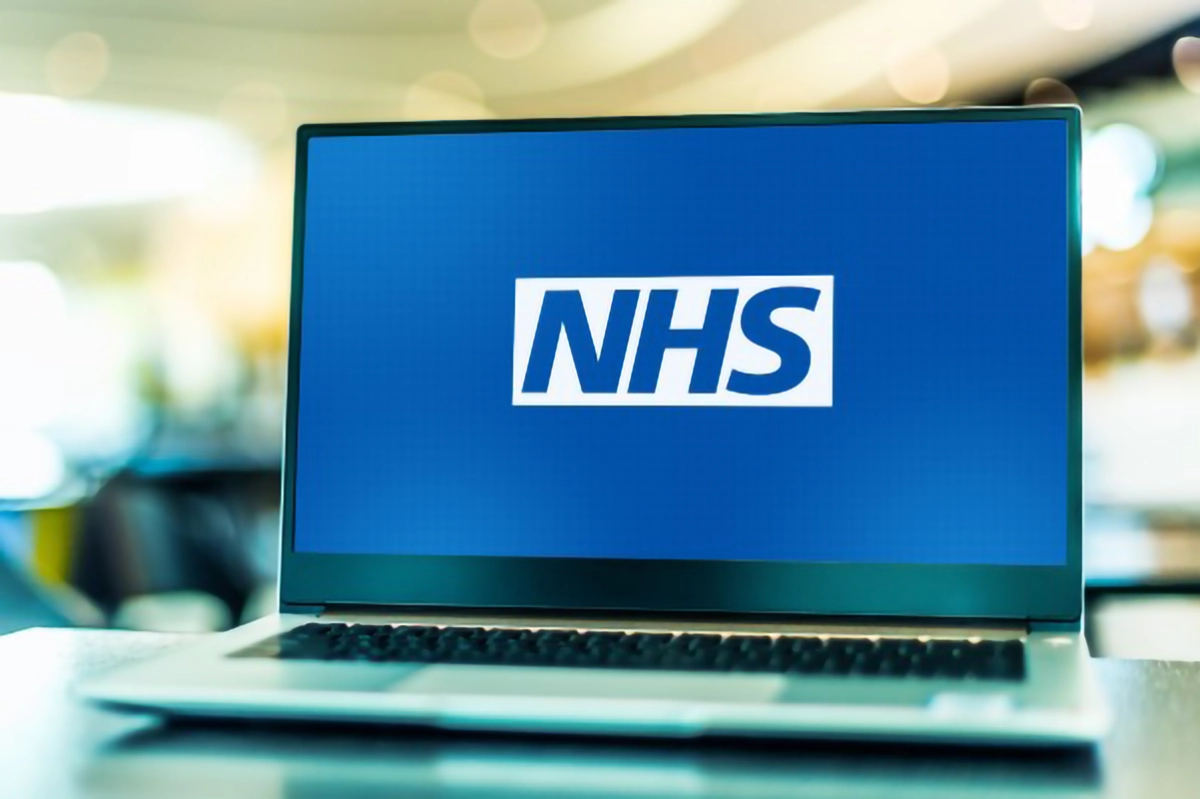We use cookies to help provide you with the best possible online experience.
By using this site, you agree that we may store and access cookies on your device. Cookie policy.
Cookie settings.
Functional Cookies
Functional Cookies are enabled by default at all times so that we can save your preferences for cookie settings and ensure site works and delivers best experience.
3rd Party Cookies
This website uses Google Analytics to collect anonymous information such as the number of visitors to the site, and the most popular pages.
Keeping this cookie enabled helps us to improve our website.

Non NHS Private Fees
Learn more about private services fees
Private Fees
All payable fees need to paid advance at the reception desk before a private prescription will be issued or any vaccines given. If you have any questions, please discuss further with the Travel Nurse.
Vaccines offered in surgery
Available from The Vine Medical Centre stock for Travel purposes:
- Hepatitis B
- Initial course 3 doses - £120.00
- Booster Dose £40.00.
- Rabies
- £10.00 (each appointment)
- £180.00 (course of 3 doses)
- £60.00 (booster dose)
Private Prescription Fees payable to The Vine Medical Centre
- £25.00 per prescription (for 1 or more items).
In addition to the prescription fee will be the cost of the private vaccine payable to the dispensing pharmacy. Dispensing fees may vary depending on pharmacy.
Private Administration Fees payable to The Vine Medical Centre
- £10 private administration fee per dose.
This is in addition to the private prescription cost. Some vaccines may require 1, 2 or 3 doses and 1 booster dose.
Why do GPs sometimes charge fees?
Read our frequently asked questions about non-NHS and private services.
Isn’t the NHS supposed to be free?
The National Health Service provides most health care to most people free of charge, but there are exceptions: prescription charges have existed since 1951, and there are a number of other services for which fees are charged. Sometimes the charge is made to cover some of the cost of treatment, for example, dental fees; in other cases, it is because the service is not covered by the NHS, for example, medical reports for insurance companies.
Surely the doctor is being paid anyway?
It is important to understand that GPs are not employed by the NHS, they are self-employed, and they have to cover their costs – staff, buildings, heating, lighting, etc – in the same way as any small business. The NHS covers these costs for NHS work, but for non-NHS work the fee has to cover the doctor’s costs.
What is covered by the NHS and what is not?
The Government’s contract with GPs covers medical services to NHS patients. In recent years, more and more organisations have been involving doctors in a whole range of non-medical work. Sometimes the only reason that GPs are asked is because they are in a position of trust in the community, or because an insurance company or employer wants to be sure that information provided is true and accurate.
Can you give examples of non-NHS services for which GPs can charge their NHS patients:
- accident/sickness insurance certificates
- certain travel vaccinations
- private medical insurance reports
Can you give examples of non-NHS services for which GPs can charge other institutions:
- medical reports for an insurance company
- some reports for the DSS/Benefits Agency
- examinations of local authority employees
- DS 1500 Form (Disability Living/Attendance Allowance)
Is it true that the BMA sets fees for non-NHS work?
The BMA suggests fees for non-NHS work which is not covered under a GP’s NHS contract, to help GPs set their own professional fees. However, these fees are guidelines only, not recommendations, and a doctor is not obliged to charge the rates suggested.
Why does it sometimes take my GP a long time to complete my form?
Time spent completing forms and preparing reports takes the GP away from the medical care of his or her patients. Most GPs have a very heavy workload – the majority work up to 70 hours a week – and paperwork takes up an increasing amount of their time, so many GPs find they have to take some paperwork home at night and weekends.
I only need the doctor’s signature – what is the problem?
When a doctor signs a certificate or completes a report, it is a condition of remaining on the Medical Register that they only sign what they know to be true. In order to complete even the simplest of forms, therefore, the doctor might have to check the patient’s entire medical record. Carelessness or an inaccurate report can have serious consequences for the doctor with the General Medical Council or even the Police.
What will I be charged?
The BMA recommends that GPs tell patients in advance if they will be charged, and how much. It is up to the individual doctor to decide how much to charge, but the BMA produces lists of suggested fees which many doctors use. Surgeries often have lists of fees on the waiting room wall based on these suggested fees.
What can I do to help?
- Not all documents need signature by a doctor, for example passport applications. You can ask another person in a position of trust to sign such documents free of charge.
- If you have several forms requiring completion, present them all at once and ask your GP if he or she is prepared to complete them all at once as a (job lot) at a reduced price.
- Do not expect your GP to process forms overnight. You should expect the form(s) to take up to 4 weeks for the GP to complete and return
More About Our Services
Providing NHS Services
